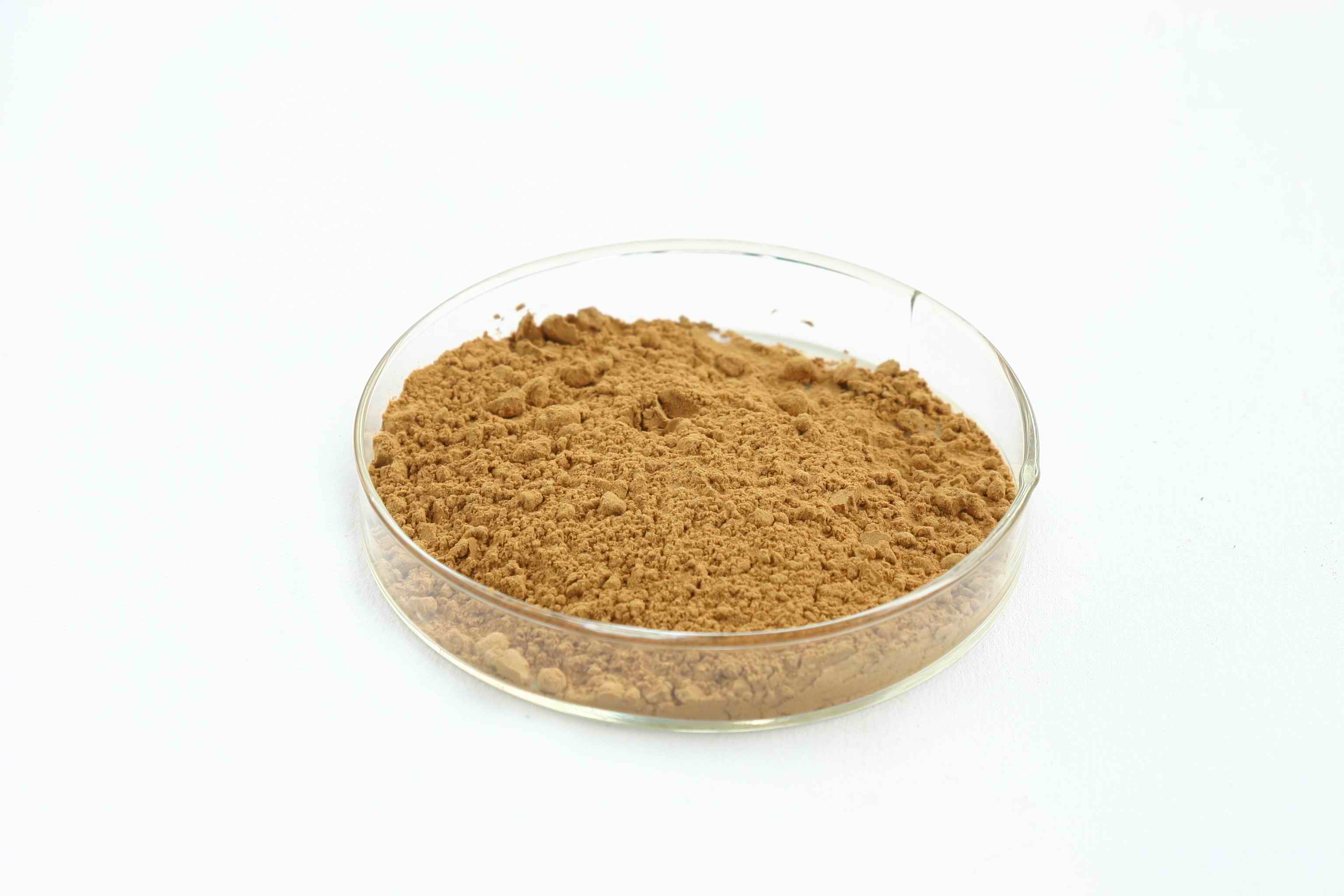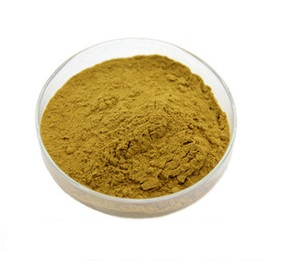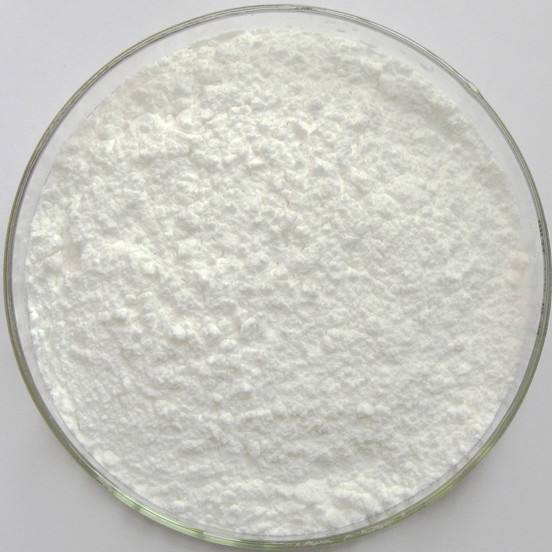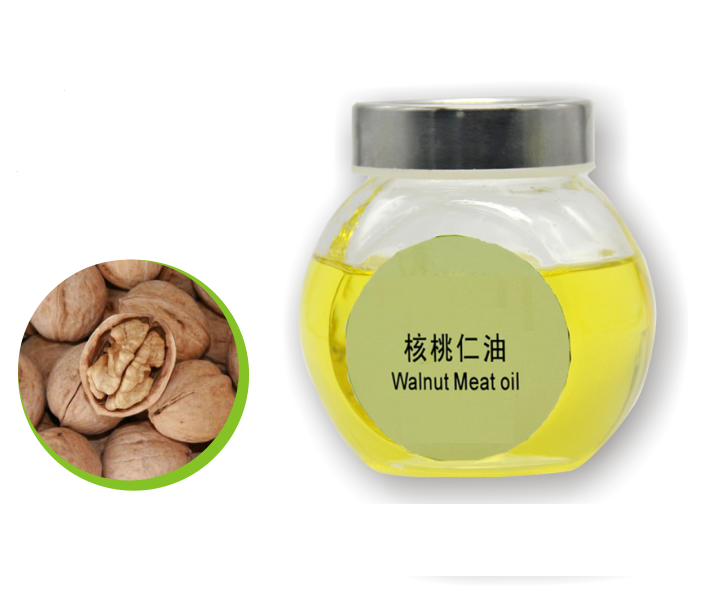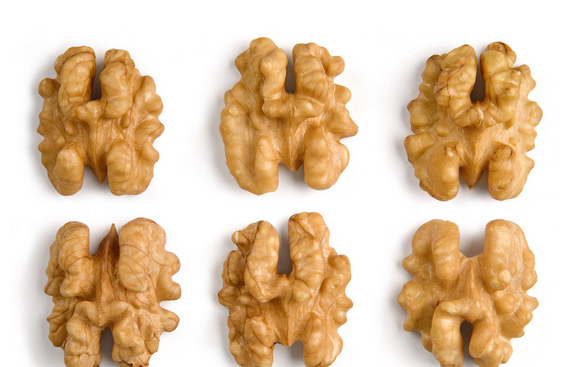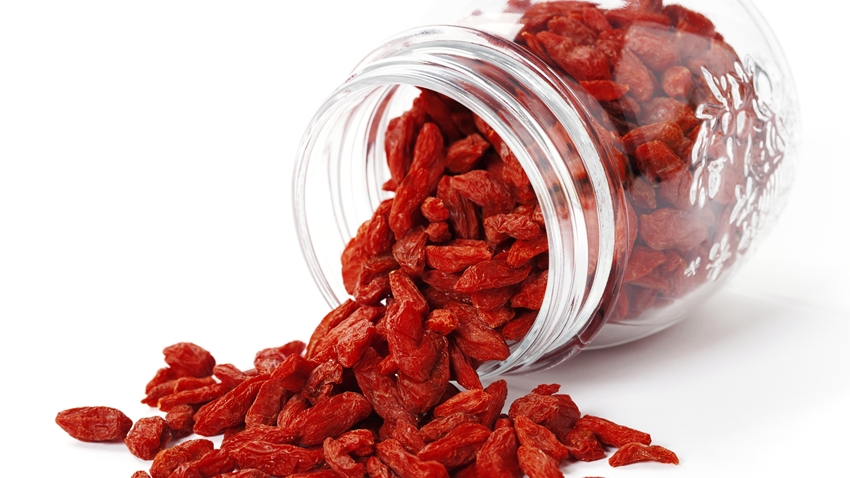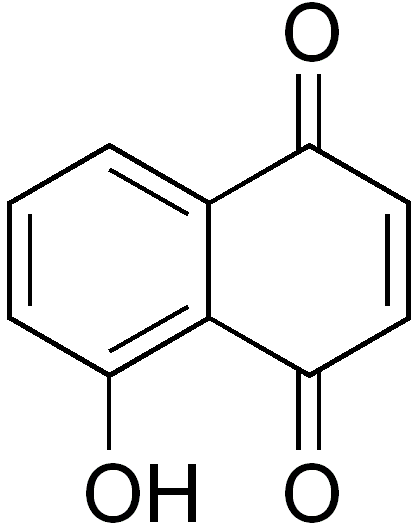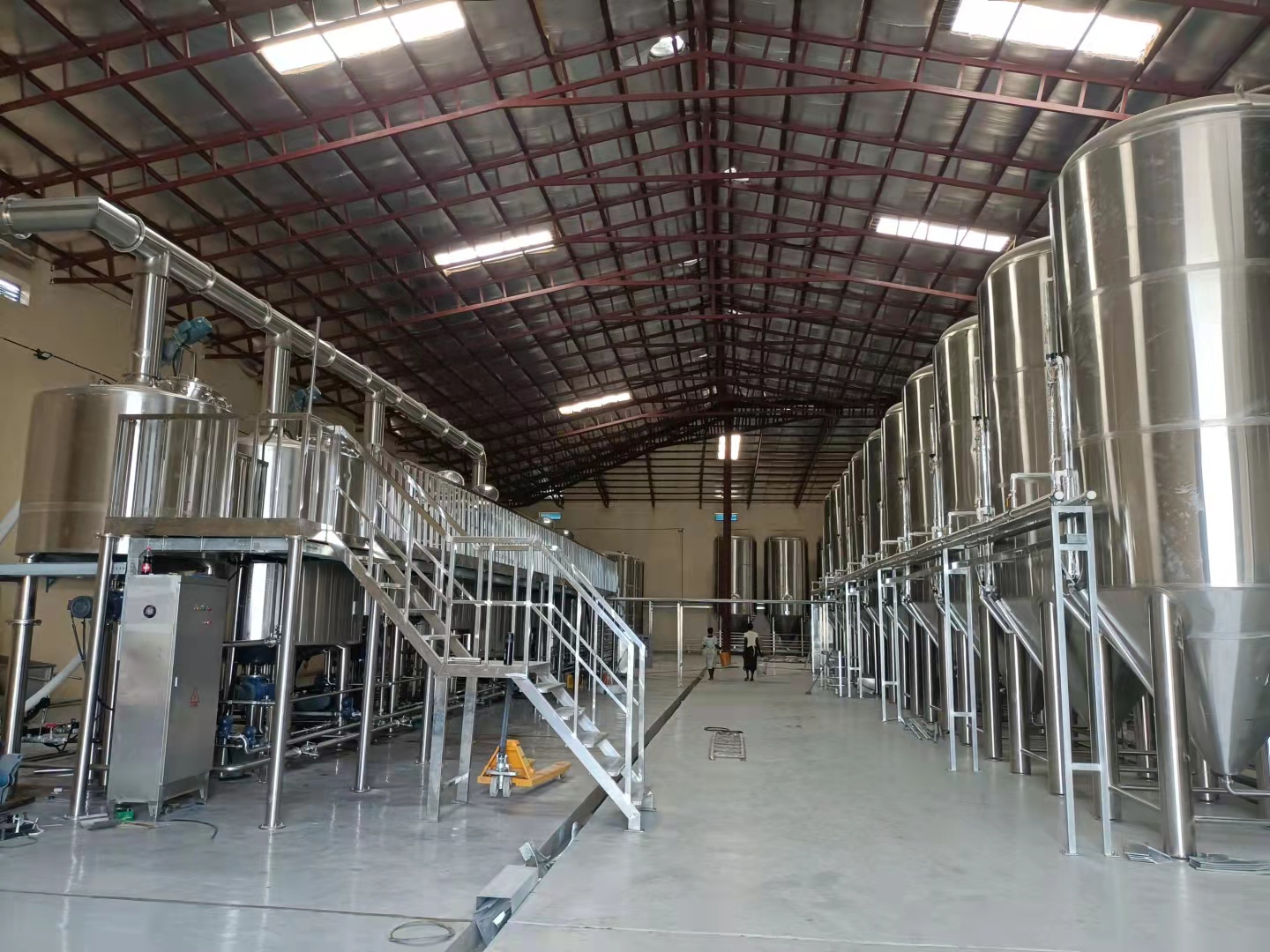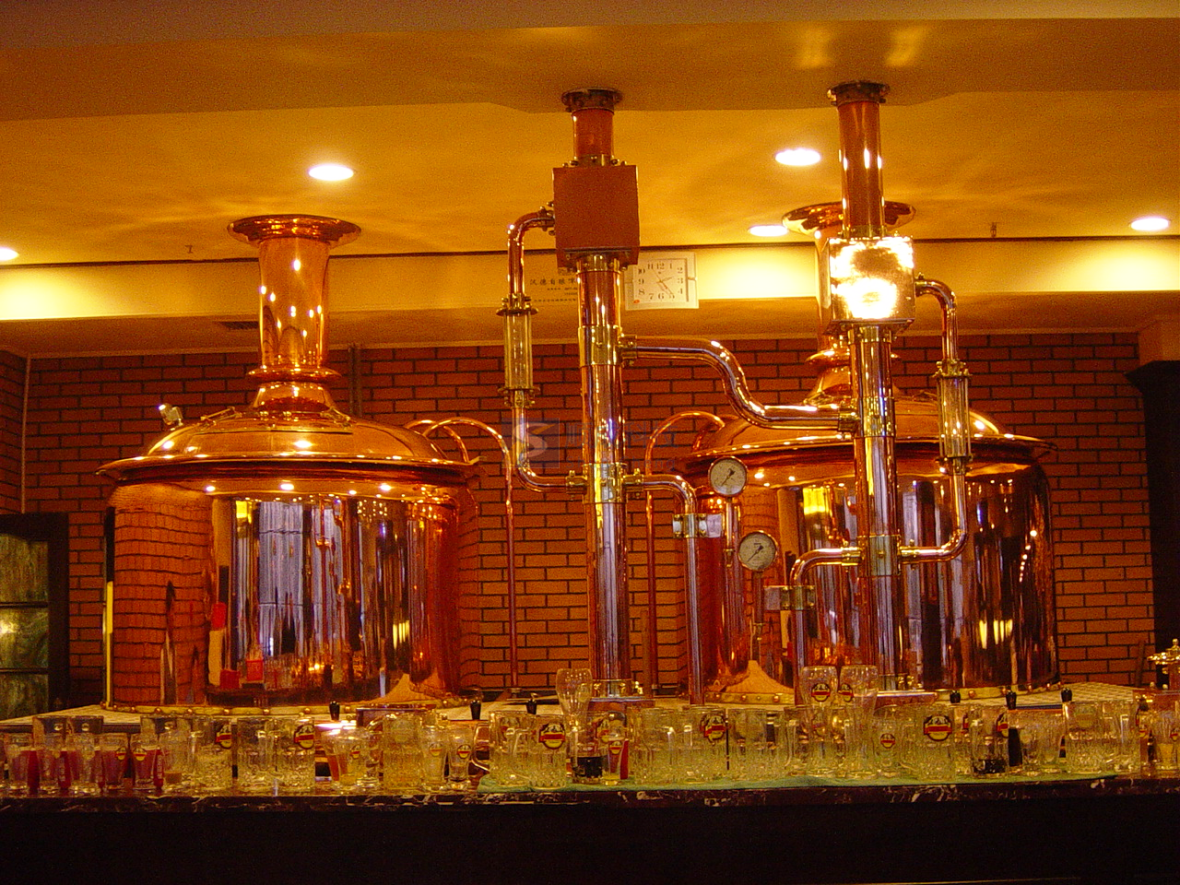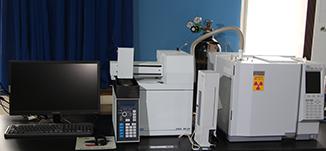Ginkgo Biloba Extract
The efficacy and effect of ginkgo leaves
Ginkgo biloba can help improve memory, concentrate, remove harmful free radicals, help white blood cells fight infections, and improve physical and mental health. Studies have confirmed that it has the effect of promoting blood flow to the brain.
Increased blood flow can also prevent the risk of impotence and mild heart attack. Tinnitus is thought to be associated with poor blood circulation, and Ginkgo biloba can effectively improve this adverse effect. In addition, it is a powerful antioxidant.
The biggest feature of Ginkgo biloba is its ability to improve memory and attention. It only takes 4-5 weeks to see the obvious effect, and it does not have the same side effects as alcohol and coffee. Ginkgo can be used as part of breakfast or lunch.
Ginkgo is beneficial to the brain by diluting blood to increase blood flow, but this is not the only way to increase blood flow. This effect can also be achieved by exercise, and the benefits can be greater than drugs. Respiratory exercise is good for increasing blood circulation, such as yoga exercises can help control breathing to promote blood circulation. However, it should be clear that Ginkgo biloba leaves have no obvious therapeutic effect when blood flow is normal.
Ginkgo has a long history of medicinal and has a good reputation. But its positive impact usually takes a long time to form. Although there are no obvious side effects, as with anything, excessive consumption is also dangerous.
Definition
Ginko Biloba Extract (GBE) is a type of product in which the leaves of Ginkgo Biloba L. are used as raw materials and extracted with active ingredients. Various preparations made of GBE are widely used in medicine, health care products, food additives, functional beverages, cosmetics and other fields. This product is one of the most successful cases of botanical medicine (Chinese medicine) developed by modern science and technology.
Indication
For chest pain, heart stroke, stroke, hemiplegia, strong tongue sputum caused by blood stasis and obstruction; coronary heart disease stable angina pectoris, cerebral infarction see the above syndrome.
Pharmacological Action
Ginkgo biloba is still used by Chinese medicine to treat memory loss, stomach pain, dysentery, high blood pressure, nervousness and respiratory problems such as asthma, bronchitis and circulatory failure and anxiety caused by it. The active ingredient of Ginkgo biloba is the terpene moiety, which includes ginkgolides and bilobalide. These ginkgo flavonoid-glycoside ingredients have powerful antioxidant and free radical scavenging abilities.
The medicinal value and application are extremely extensive. The use of advanced technology, technology and equipment, through further extraction, separation and purification, its pharmacological effects are more obvious, in addition to significant antagonistic PAF receptors, but also in anti-inflammatory, anti-allergic, dilated blood vessels, protection of cardiovascular and cerebrovascular, It can improve the peripheral blood circulation, lower serum cholesterol and assist cancer, and can be widely used in the prevention and treatment of cardiovascular diseases such as cardiovascular and cerebrovascular diseases.
It is understood that CFDA has approved dozens of dosage forms, including Ginkgo biloba leaves, capsules, granules, soft capsules, dispersible tablets, pills, mites, drops, oral liquids, and injections. In addition, CFDA has approved the production of ginkgolide injection from Chengdu Baiyu Technology and ginkgo diterpene lactone and its glucamine injection in Jiangsu Kangyuan in 2011 and 2012.
The standards and requirements for quality control of Ginko Biloba Extract and formulations are also increasingly standardized and rigorous. Dr. Qiao Hongxiang, Principal Investigator of Ginkgo Biloba, Zhejiang Institute of Traditional Chinese Medicine and Natural Medicine, pointed out that the current quality control standards for Ginko Biloba Extract remain on two active ingredients (flavonoids and lactones) and one toxic component (ginkgo acid). Only 30% of them are in the middle. The inclusion of proanthocyanidins in the control standards will help improve the quality of Ginko Biloba Extract.
Medicinal Value
Promote Circulation
Ginkgo biloba P.E. can simultaneously promote circulation of the brain and body limbs. One of the main health functions of Ginkgo biloba P.E. is the inhibition of a substance called platelet activating factor (PAF), a medium released from cells that causes platelets to aggregate (stack together). High levels of PAF can cause damage to nerve cells, decreased blood flow to the central nervous system, inflammation, and bronchoconstriction. Very similar to free radicals, high PAF levels can also cause aging. Ginkgolides and bilobalide protect the nerve cells of the central nervous system from damage during the period of ischemia (in vivo lack of oxygen in tissues). This function may have an adjuvant treatment effect for patients suffering from stroke. In addition to inhibiting platelet adhesion, Ginko Biloba Extract regulates vascular tone and elasticity. In other words, it can make blood vessel circulation more efficient. This effect of increasing circulation efficiency has the same effect on large blood vessels (arteries) and smaller blood vessels (capillaries) in the circulatory system.
anti-oxidation
Ginkgo biloba P.E. may exert antioxidant properties in the brain, eye retina and cardiovascular system. Its antioxidant effects in the brain and central nervous system may help prevent age-induced brain function decline. The antioxidant function in the brain is of particular interest. The brain and central nervous system are particularly vulnerable to free radical attack. Free radical-induced brain damage is widely recognized as a contributing factor to a variety of diseases that accompany aging, including even Alzheimer's disease.
Anti-Aging
Ginkgo biloba P.E. boosts blood flow to the brain and has an excellent nourishing effect on the nervous system. Hundreds of scientific studies, including tens of thousands of patients, have demonstrated efficacy in a variety of problems, including cerebral hypotension and mental retardation in older patients. Ginkgo biloba has a good effect on many possible symptoms of aging, such as: anxiety and depression, memory impairment, difficulty in concentration, decreased alertness, decreased intelligence, dizziness, headache, tinnitus (sound in the ear), macular degeneration (The most common cause of blindness in adults), inner ear turmoil (which causes partial deafness), poor end circulation, impotence caused by poor penile blood flow.
Resistance to dementia and memory improvement
The scientists reviewed all published high-quality studies of ginkgo and mild memory impairment and concluded that ginkgo is significantly more effective than placebo in improving memory and sensory function. Ginkgo is widely used in Europe to treat dementia. Ginkgo is believed to help prevent or treat these brain disorders because it increases brain blood flow and its antioxidant function. Despite the scientific flaws in many clinical trials, Ginkgo biloba may increase the ability to think, learn, and remember in Alzheimer's patients.
Mediation is not fast
One review Ginkgo biloba P.E. A double-blind controlled placebo study of the benefits of women with premenstrual unpleasant symptoms, including 143 women aged 18-45 years, and tracking their two menstrual cycles. On the 16th day of the first cycle, each woman received Ginkgo biloba PE (twice twice a day, 80 mg each time) or placebo, and treatment continued until the 5th day of the next cycle, and on the 16th day of the cycle Restart. The results are impressive. Compared with placebo, ginkgo significantly reduced the main symptoms of premenstrual unpleasant symptoms, especially breast pain and emotional instability.
Improve sexual function
Although there is currently no double-blind trial of this function, case reports and open studies suggest that ginkgo can cause poor sexual function due to cloczac drugs and other antidepressants.
Adjust eye problems
Flavonoids in ginkgo may stop or relieve certain retinopathy. There are many possible causes of retinal damage, including diabetes and macular degeneration. Macular degeneration (commonly known as age-related macular degeneration or ARMD) is a progressive degenerative eye disease that is predisposed to the elderly. It is the main cause of blindness in the United States. Studies suggest that ginkgo may help maintain vision in ARMD patients.
Dosage: The mainstream opinion is that 120-160 ml doses per day are suitable for the treatment of terminal microcirculation problems including dizziness, tinnitus and intermittent claudication. For the treatment of dementia, mild depression and increased cognitive ability, higher doses (approximately 240 mg/day) can be used. For best results, daily intake is generally divided into 2-3 doses. The criteria for the use of the extract were confirmed to contain at least 24% of ginkgo flavonoid glycosides and 6% terpene lactone - as this is the level at which the extract shows substantial efficacy in each clinical trial.
Treatment of Hypertension
It can simultaneously reduce the adverse effects of blood cholesterol, triacylglycerol and very low-density lipoprotein on the human body, reduce blood lipids, improve microcirculation, and inhibit blood clotting. These have significant therapeutic effects on hypertension.
Treating Diabetes
At present, there are drugs used in place of insulin for diabetics in medicine, indicating that Ginkgo biloba has insulin-regulating blood sugar function, and many glucose tolerance tests have proved that it regulates blood sugar, improves insulin resistance, thereby reducing insulin antibodies and enhancing insulin. The sensitivity effect is obvious.
在线联系供应商
Other supplier products
| Total Matrines | Total alkaloids of Sophora flavescens L., extracted from Sophora flavescens, slightly odorous, very bitter taste; It is very soluble in ethanol, ... | |
| Walnut Oil | Walnut oil content is as high as 65% to 70%, ranking first among all woody oils, and has the reputation of “tree oil depot”. Using mode... | |
| Walnut oil, Walnut meat, Ginkgo Biloba Extract, Walnut protein Peptide, Walnut Protein | ||
| Chinese Wolfberry | Basic Information [Alias]beet seeds, red green peppers, hazelnuts, earth bones, eggplants, red earrings, bloody Chinese Wolfberrys, earthworms, ... | |
| Juglone | Introduction Project Name:Juglone Alias Name:5-hydroxy-1,4-naphthoquinone 5-hydroxy-1,4-naphthoquinone 1,4-Naphthalenedione, 5-hydroxy- 5-Hydroxy... |
Same products
| Plant extraction, beer brewing equipment | 卖方: 顺成 | Shuncheng Technology specializes in the development,production,design,manufacturing,and installat... | |
| Plant extraction, beer brewing equipment | 卖方: 顺成 | Shuncheng Technology specializes in the development,production,design,manufacturing,and installat... | |
| 100%纯有机甜杏仁油生产销售 | 卖方: 陕西广汇春霖农业发展有限公司 | 产品介绍 纯杏仁油是自然界最好的保湿剂之一。我们的杏仁油是100%纯的,没有添加任何东西,这使得它具有低过敏性,是改善头发和皮肤健康的理想选择。 杏仁油天然富含维生素E,维生素E是皮... | |
| PRODUCTS | 卖方: Chengdu Kindarco Biotech Co., Ltd | Sophora japonica flowerextract can be used to treat chronic bronchitis, which has anti-inflammato... | |
| Rutin CAS No.153-18-4 | 卖方: Chengdu Kindarco Biotech Co., Ltd | Product name Rutin Trihydrate Rutin Herbal Source Sophora Japonica L. ... |





